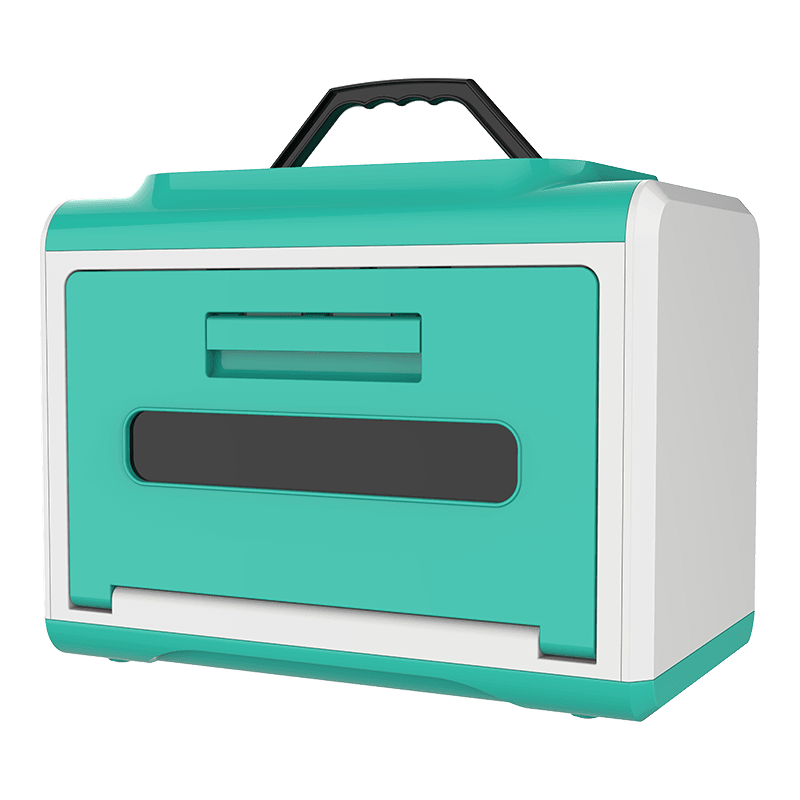Medical-grade wall-mounted air purifiers are critical equipment in medical environments, and their efficient filtration systems are key elements in ensuring air cleanliness and patient safety. In areas such as operating rooms, wards and clinics of medical institutions, high air quality standards are directly related to the quality of medical services and patient recovery.
1. Capture large particle pollutants
High-efficiency filtration systems usually include primary filters, which are the first line of defense for air purification. The primary filter can capture large particles of dust, cells, dander and other pollutants to prevent them from entering the medical environment.
2. Particle filtration with HEPA filter
Medical-grade wall-mounted air purifiers typically feature high-efficiency HEPA (high-efficiency particulate air) filters, which are a key component in their filtration systems. HEPA filters can effectively filter out tiny particles in the air, including dust mites, pollen, bacteria and viruses, with a filtration efficiency of up to 99.97%.
3. Activated carbon filters out odors and harmful gases
In addition to filtering particles, a high-efficiency filtration system also includes an activated carbon filter, whose main function is to absorb odors and harmful gases. In a medical environment, various odors may be produced, such as drug odors, surgical odors, etc. Activated carbon filters effectively purify the air by adsorbing harmful gases at the molecular level, providing patients with a fresh breathing environment while protecting the health of medical staff.
4. Prevent cross infection
Medical environments have extremely high requirements for preventing cross-infection, and efficient filtration systems play an irreplaceable role in this regard. By effectively filtering microorganisms in the air, including viruses and bacteria, the purifier can reduce the concentration of pathogens in the air and effectively prevent the spread of pathogens through the air, thereby reducing the risk of cross-infection between patients.
5. Improve air quality and improve treatment effects
Efficient filtration systems not only help maintain the cleanliness and safety of the medical environment, they also improve air quality and provide patients with a more comfortable and beneficial treatment environment. Fresh air helps improve patient comfort and treatment effectiveness, reduces patient stress and promotes recovery.

 EN
EN
 English
English 中文简体
中文简体
.png)









